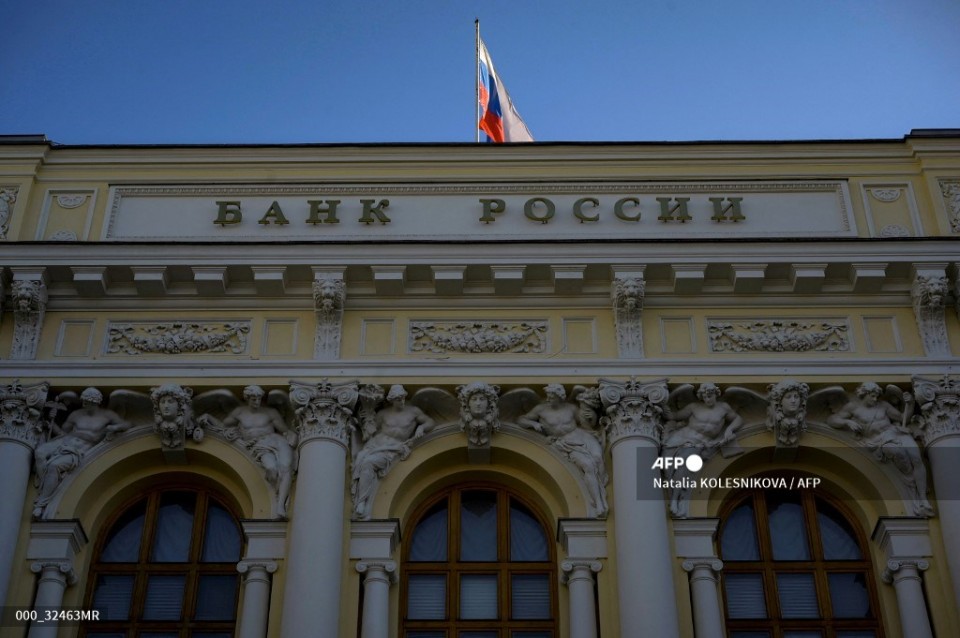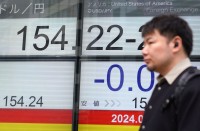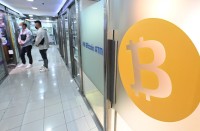
Russia’s central bank cut its key interest rate Thursday following an emergency meeting, as authorities seek to rein in the ruble which has surged in value despite the conflict in Ukraine.
The Bank of Russia slashed the rate to 11 percent from 14 percent, saying external conditions for the economy remained “challenging, considerably constraining economic activity.”
The policy-setting meeting was originally set to take place on June 10 but the central bank surprised the market by announcing Wednesday that an extraordinary meeting would take place the next day.
“Financial stability risks decreased somewhat, enabling a relaxation of some capital control measures,” it said in a statement on Thursday.
The Bank of Russia said it “holds open the prospect of key rate reduction at its upcoming meetings.”
The next rate-setting meeting is set to take place on June 10.
After the West slapped Russia with debilitating sanctions over the start of Moscow’s military campaign in Ukraine in February, financial authorities introduced strict capital controls to boost the economy.
Since then, the ruble has staged a spectacular rebound and strengthened by around 30 percent against the dollar.
A strong ruble is not desirable for the Russian government, which fears it can hit budget revenues and exporters.
Generally, lower interest rates are unattractive for foreign investment and decrease the value of a country’s currency.
The Kremlin said on Wednesday the government was paying “special attention” to the strong ruble but President Vladimir Putin sought to cast the rallying currency as a positive development.
“As we know, the dollar is shrinking, the ruble is strengthening,” he said on Wednesday.
But analysts say the strong ruble is a sign of Russia’s weakening economy.
“The ruble strength reflects high oil/energy prices, but mostly a collapse in import demand with sanctions. That suggests that growth is going to be massively challenged — likely deep recession this year,” wrote Timothy Ash, an emerging markets strategist at BlueBay Asset Management.
“A strong currency will not help that and will also stall the ruble value of oil export earnings to the budget, boosting the budget deficit,” he added.
The government had earlier taken steps to loosen capital controls but the ruble continued to appreciate.
On Monday, Russia’s finance ministry announced domestic exporting companies would have to sell 50 percent of their income in foreign currency, a reduction from 80 percent earlier.
bur/spm
© Agence France-Presse







